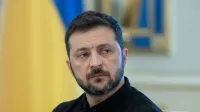"The Editorial Office" – film that outpaced reality

Ukrainian film The Editorial Office had a special screening in New York City. Its surreal, absurd, and at times bizarre storyline raised questions about the director’s imagination – until, during the Q&A session, filmmaker Roman Bondarchuk explained that the movie is based on real stories and materials from Ukrainian journalists, mostly from the Kherson region. In many ways, the film is a hybrid of documentary and fiction, where true events are threaded into a narrative line. The fate of the film itself could make a separate documentary: most of the cast, including the lead actor, joined the Armed Forces of Ukraine; several were killed, and production itself was interrupted by Russia’s full-scale invasion. The project was completed years later.
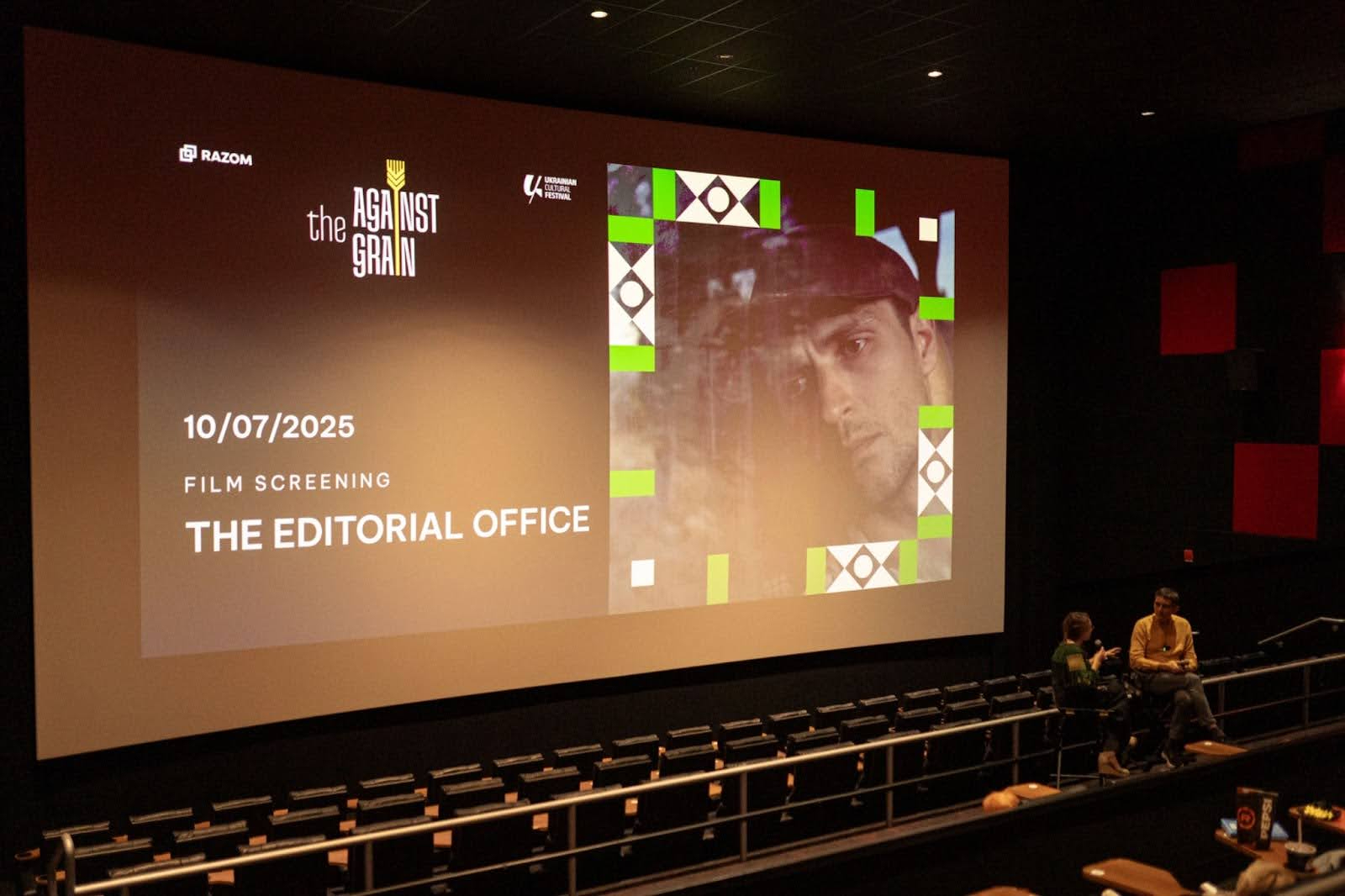
The cast that went to war
Many of the film’s actors are now on the front lines. Some were wounded or killed, others captured by Russian forces. The lead actor, Dmytro Bahnenko, who plays Yura, was not a professional actor but a journalist from Kherson. He first joined the project as a script consultant, sharing local stories and investigative material. The team quickly realized he was perfect for the main role.
When the film was nearly finished, Bahnenko’s hometown fell under Russian occupation. As a journalist, he secretly filmed life under occupation and sent the footage to the BBC. That footage later became the documentary “Ukraine War: We Secretly Filmed Our Lives in Occupied Kherson.” After Kherson was liberated, he joined the Ukrainian army.
Another actor, Vasyl Kukharsky, also enlisted and was killed by Russian forces in 2023. Viktor Onysko, who played a supporting role and worked as the film’s editor, was killed near Soledar in 2022. He was posthumously awarded the Orders of Bohdan Khmelnytsky and “For Merit.”
Their stories alone could form a separate documentary about the film’s cast.
Trailer of “The Editorial Office” for international release
A film that foresaw the future
The movie follows Yura, a young biologist who accidentally gets caught in a web of corruption, kidnappings, and chaos after witnessing an arson in the Kherson steppe and deciding to expose the culprits. The strange mix of sect rituals and political absurdity seems too surreal to be true. However, during the discussion after the screening, Bondarchuk revealed that every plotline is based on real events.
For example, one subplot features a mayor elected while in a coma - an episode inspired by the real case of Kharkiv’s late mayor, Hennadii Kernes, who officially ran the city for two weeks from a hospital in Germany while unconscious, basically until his death. Another storyline about illegal logging and a cult forming in the same forest was taken directly from Kherson region news reports.
The film not only portrayed the peculiar reality of Ukrainian provincial life but also anticipated what would come next.
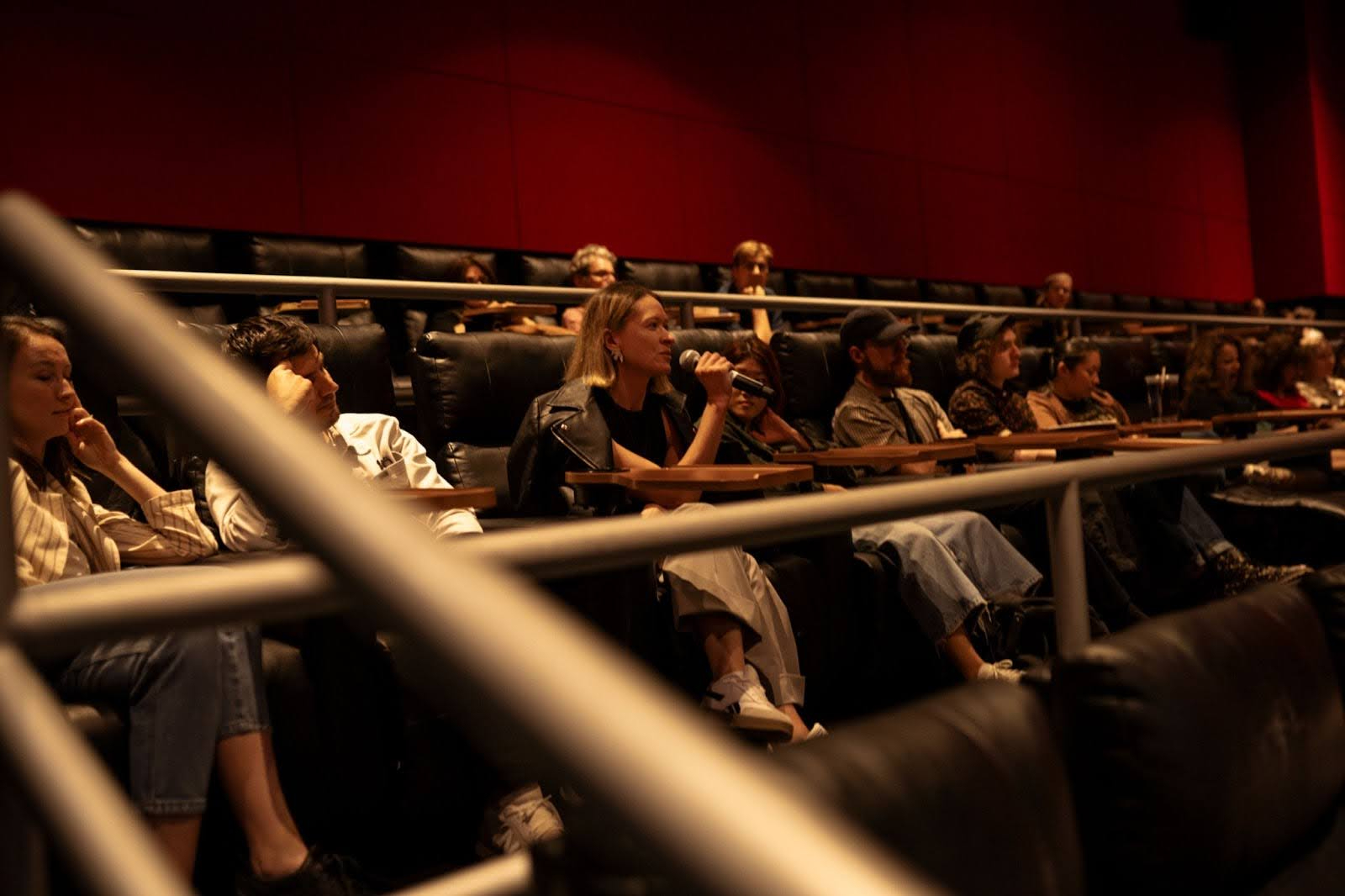
A metaphor that became real
Throughout the film, wildfires spread across the region, but people ignore them, distracted by social media and political campaigns filled with AI-generated content and viral dance videos of mayoral candidates.
Although both the fires and elections were real, Bondarchuk explained they served as a metaphor: the war that began in 2014 gradually faded from public focus as people turned their attention to hollow political narratives.
Reality later caught up with the metaphor. Production was halted by Russia’s full-scale invasion in 2022. Most of the film had been shot in the Kherson region in 2021, but the final scenes were completed two years later in Slovakia.
The symbolic fire spread faster than the filmmakers could warn their audience.
A warning the world continues to ignore
One doesn’t need to be a political analyst to notice parallels with other countries. The film’s themes – political manipulation, disinformation, and public distraction – extend far beyond Ukraine.
Western societies are facing similar challenges, where online entertainment and AI-generated propaganda increasingly divert public attention from wars consuming more parts of the world. People keep scrolling through their feeds as danger grows.
The metaphorical fire is moving westward. This made the New York screening especially symbolic for American audiences and was a big part of the post-screening discussion.
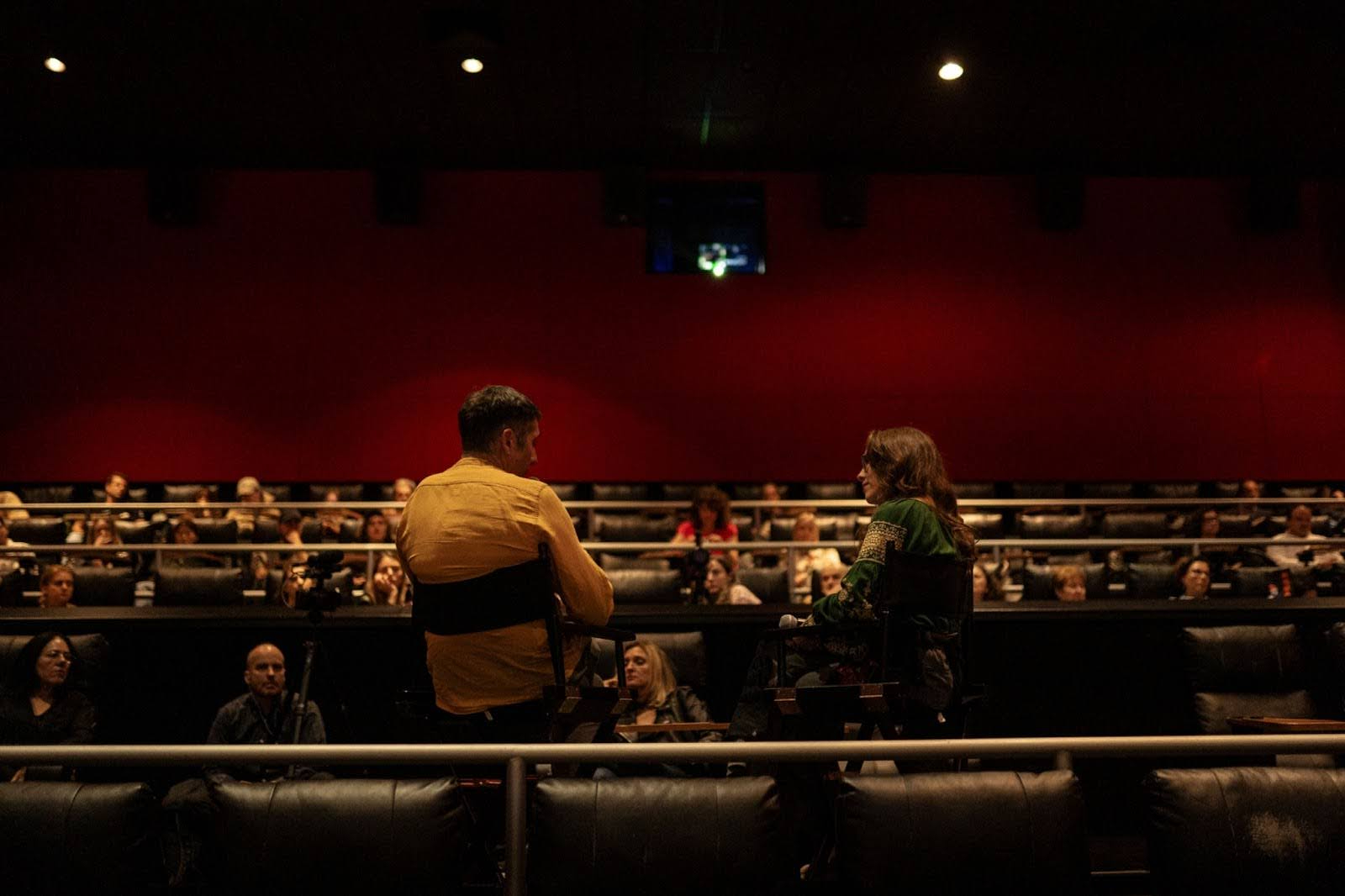
War purifies narratives
Although, according to Bondarchuk, Russia’s invasion ironically “cleansed” Ukraine’s media space. With political advertising, paid news, and fake stories decreasing, public attention shifted toward real and urgent issues. It is difficult to predict how this transformation will evolve, but for now it marks a significant change in public priorities - and perhaps offers cautious hope.
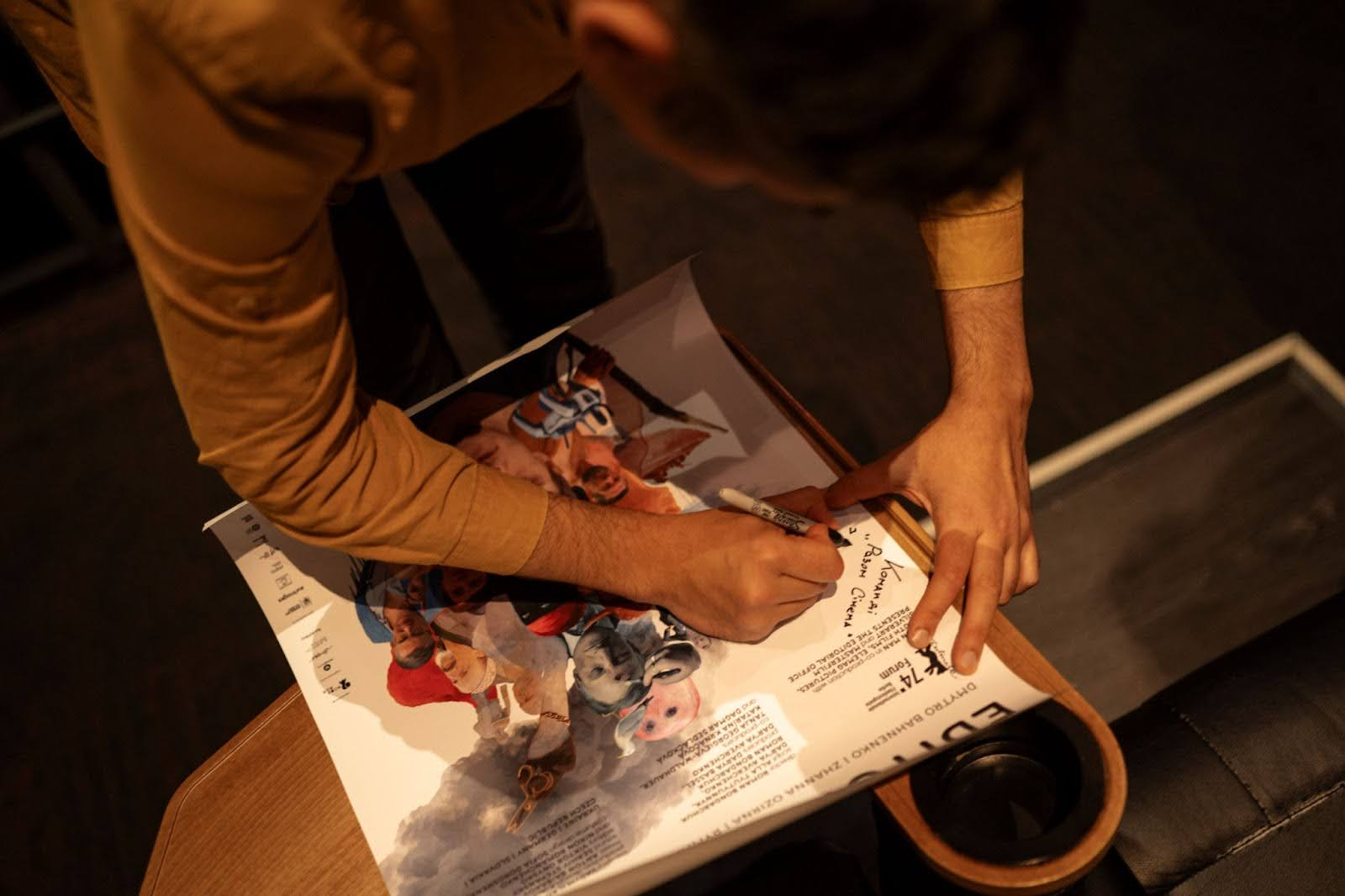
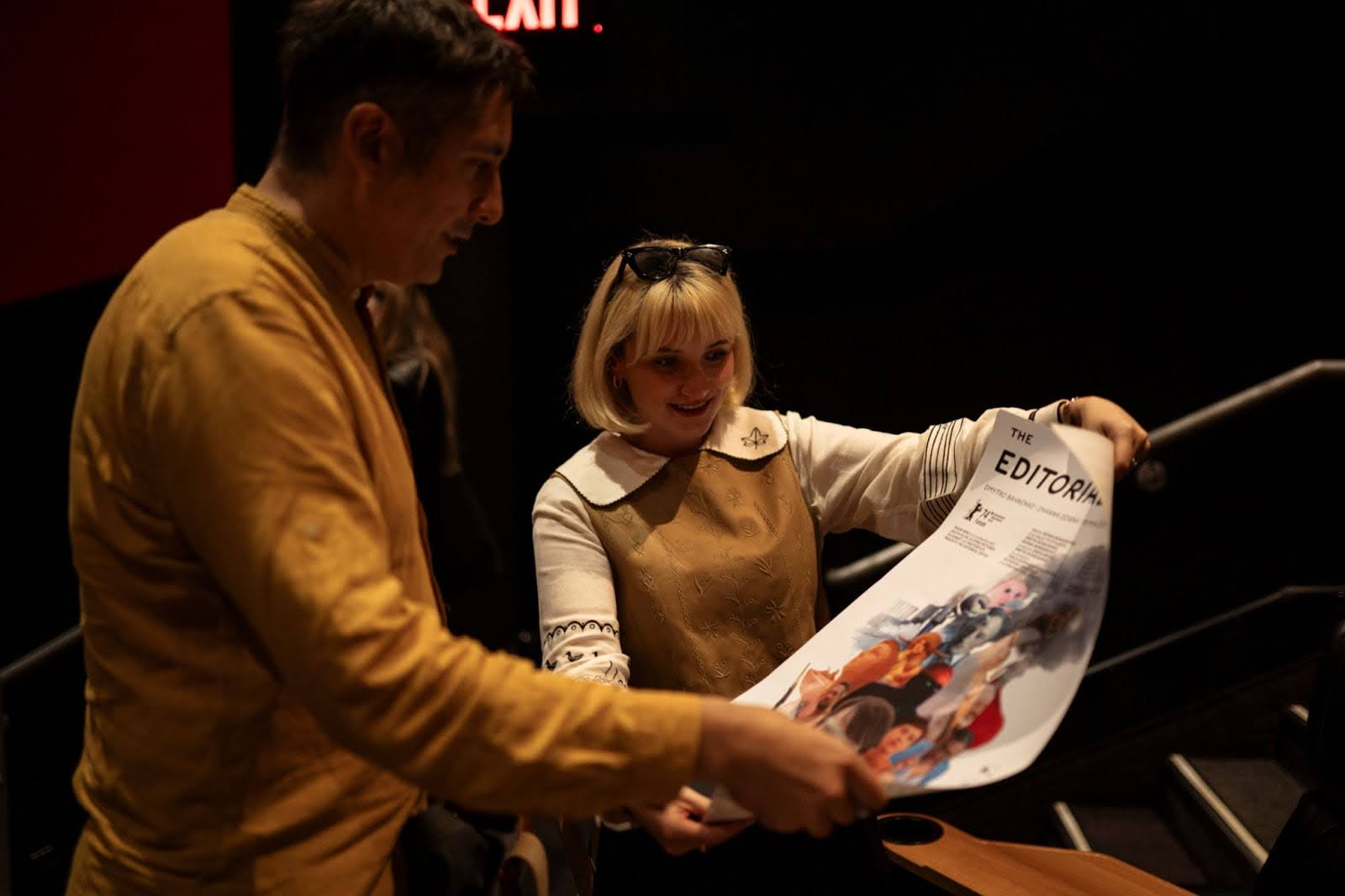
About the Ukrainian Cultural Festival in New York
The Editorial Office by Roman Bondarchuk was screened on October 7 in New York, opening the film program of the annual Ukrainian Cultural Festival curated by Razom for Ukraine’s Program Director, Nina Murray. This year’s theme was “Against the Grain.”
The festival ran from October 1 to 31, featuring daily cultural events in theater, cinema, literature, photography, and other arts. It highlighted the creativity of Ukrainian artists during wartime and how they challenge established norms and influence global culture.
In the cinema program curated by Razom producer Polina Buchak, American audiences saw about ten films on Ukraine — documentaries, feature films, and animated works by both Ukrainian and international directors. Among them were “2000 Meters to Andriivka” by Oscar-winning director Mstyslav Chernov, “Victor” by Emmy-winning French director Olivier Sarbil, Pavlo Ostrikov’s “You Are Space” (the director was unable to attend), and a selection of Ukrainian animated shorts. The festival closed with “My Dear Theo” by Alisa Kovalenko — the story of a mother, soldier, and filmmaker told through letters to her son from the front line.
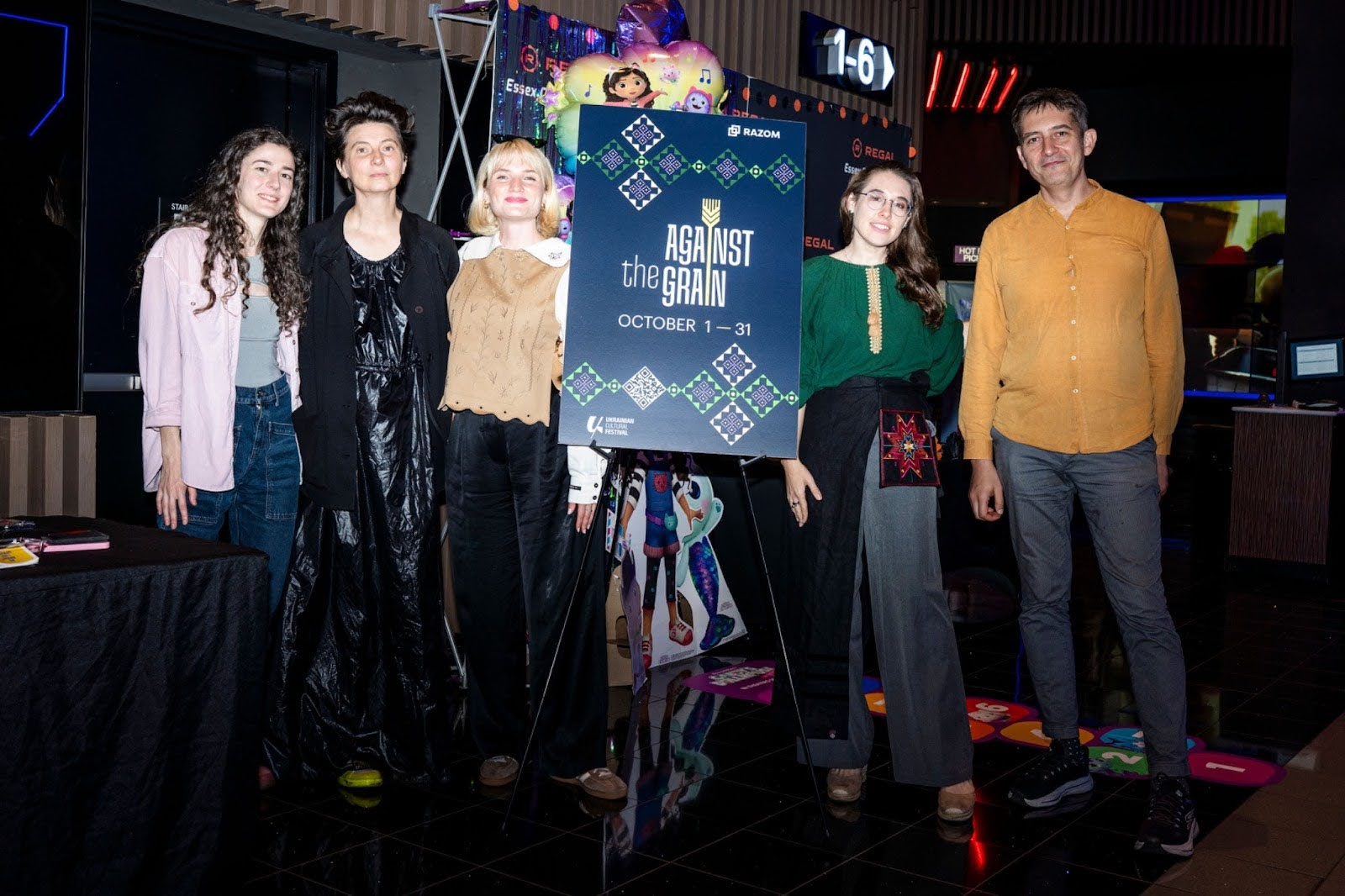
Author: Kateryna Lisunova, journalist and media advisor at Razom for Ukraine
Photo: Ulyana Storoshchuk. Journalist Kateryna Lisunova moderates a conversation with movie director Roman Bondarchuk.






